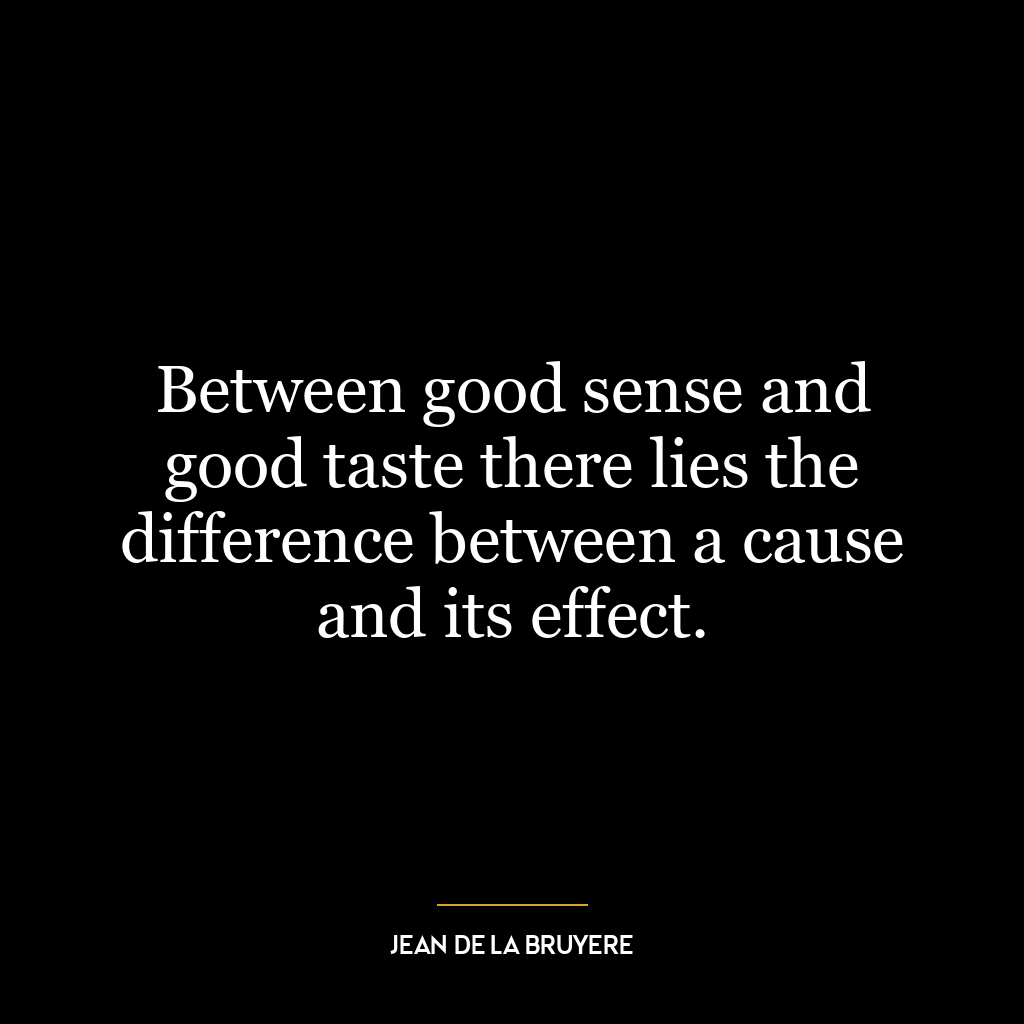The cause of the spinning wheel is too great and too good to have to rest on mere hero-worship.
This quote is a reflection on the value of self-reliance and the importance of individual contributions to collective progress. The spinning wheel, in this context, symbolizes productive work and self-sufficiency. It’s an emblem of India’s struggle for independence led by Gandhi, who promoted the use of homemade goods as a form of resistance against British imports.
The phrase “the cause of the spinning wheel” refers to this broader movement towards autonomy and resilience. When Gandhi says that it is “too great and too good to have to rest on mere hero-worship,” he means that such a significant cause should not rely solely on idolizing individuals or heroes. Instead, it should be driven by everyone’s collective efforts.
In other words, while leaders can inspire change and motivate others with their vision, real transformation occurs when each person takes responsibility for their own actions and contributes in their unique way towards a common goal. It is an appeal for everyone to recognize their potential impact rather than relying solely on heroic figures.
Applying this idea in today’s world or personal development could mean recognizing your power as an individual to effect change – whether that’s within your community or yourself. Rather than waiting for someone else – a ‘hero’ – to solve problems or make improvements, you have the ability (and responsibility) to take action yourself.
In personal development terms, it suggests that lasting growth doesn’t come from idolizing successful people or trying blindly to emulate them; instead, true progress comes from understanding your strengths and capabilities then using them effectively toward your goals.
So whether we’re talking about social issues like climate change or personal challenges like health improvement – every small action counts; every spinning wheel matters.








